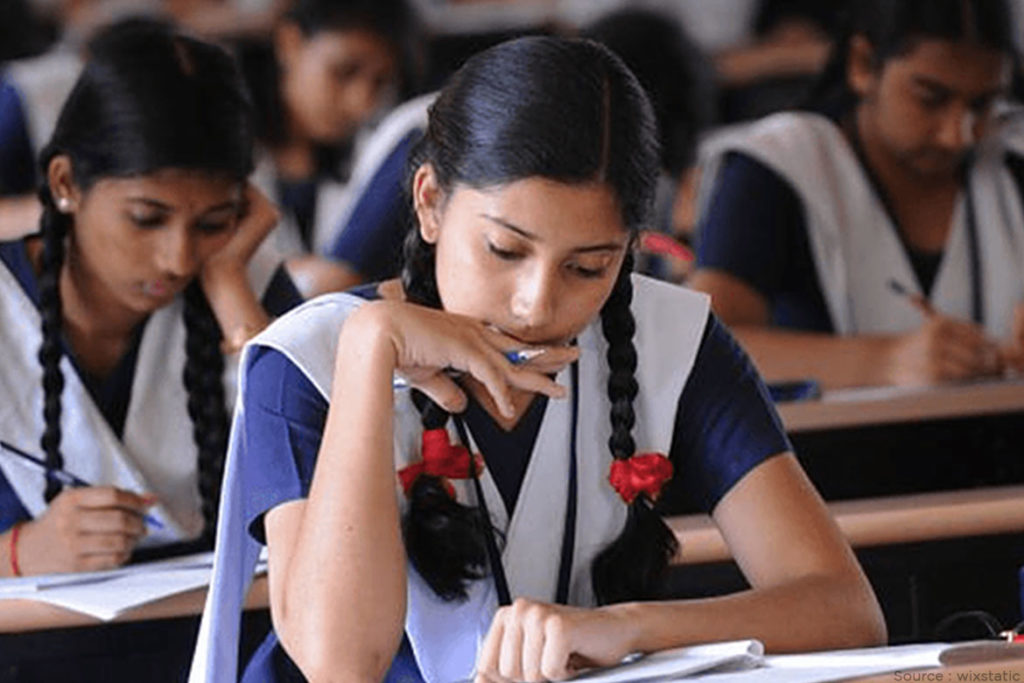The Cabinet has approved the National Education Policy 2020. Giving this information, Union Minister Prakash Javadekar said that the new education policy of the 21st century was approved in the cabinet meeting chaired by Prime Minister Narendra Modi. This is extremely important as there was no change in education policy for 34 years.
Prakash Javadekar said that the government had formed 2 committees regarding the New Education Policy. One TSR Subramanian Committee and the other Dr K Kasturirangan Committee were formed. He said that large scale advice was taken for the new Kasturirangan committee. For this, the advice was also taken from 2.5 lakh gram panchayats, 6600 blocks and 676 districts of the country. People were asked what changes you want in the new education policy. He said that 2.5 lakh suggestions had come. Separate teams were formed for higher education and schooling.

Union Minister Ramesh Pokhriyal Nishank said that the name of the Ministry of Human Resources Development has now been changed to the Ministry of Education. Initially, the name of this ministry was Ministry of Education but in 1985 it was renamed as Ministry of Human Resources. In the draft new education policy, it was suggested to rename it Ministry of Education. Major reforms in higher education have targeted a gross enrolment ratio of 50 per cent by 2035. This includes provision for multiple entry/exit.
Also read: Latest updates: Education news India; amid coronavirus pandemic
Improvement in Higher Education
Higher Education Secretary Amit Khare said that many reforms have been made in higher education. The reforms include graded academic, administrative and financial autonomy etc. We will achieve a 50 per cent gross enrollment ratio (GER) by 2035 after the new education policy and reforms.
Amit Khare said that certificates will be given after the first year, diploma after the second year and degree after three-four years in multiple entry and exit systems. In the new system, it will be that after one year certificate, diploma after two years, a degree will be available after three or four years. 4-year degree program then one year M.A. and then one can do 4 years PhD directly without M.Phil. MPhil courses are abolished under new education policy.

Amit Khare said that according to the Government of India, a single regulator will be formed for all higher education in the new education policy. Many ‘inspections’ include working under a self-disclosure based transparent system for approval.
Amit Khare said that e-courses will be started in regional languages. Virtual Labs will be developed. A National Educational Scientific Forum (NETF) will be started. There are 45,000 colleges in the country. Colleges will be given academic, administrative and financial autonomy under graded autonomy.
Amit Khare said that technology and online education have been emphasized in the new reforms. Right now we have different rules for deemed universities, central universities and standalone institutions. The rules will be the same for all under the new education policy.
Amit Khare said that many proposals for board exams are in the new education policy. The importance of board examinations will be reduced. Real knowledge will be tested in this. By class 5, the mother tongue will be made the medium of instruction. The report card will contain not only assessment by teachers but also by friends and self- assessment.

Amit Khare said that we have set a target that 6 per cent of GDP should be spent in education, which is currently 4.43 per cent. On the lines of the NSF (National Science Foundation) of America, we are bringing NRF (National Research Foundation). This will include not only science but also a social science. It will finance large projects. This will help us to come forward in research along with education.
Highlights of New Education Policy 2020
- Education up to fifth will be in mother tongue or local language.
- Vocational education started from 6th grade.
- There will be a common entrance exam for admission to universities and higher educational institutions.
- All higher education institutions except legal and medical colleges will be operated through a single regulator.
- MPhil courses abolished under New Education Policy.
- There will be one kind of criteria for all government and private higher educational institutions.
- The board will be based on the use of knowledge, not on rote examination.
- Institutions will have the option to run open distance learning and online programs.
- All types of deemed and related universities created for higher education will be known as universities only.

Special points of new education policy
- Promoting the abilities of every student will be a priority.
- There will be no difficulty, separation between art and science for students.
- Emphasis on educating teachers as well as parents.
- Emphasis on conceptual understanding will promote creativity and critical thinking.
- Ethics, constitutional values will be the major part of the curriculum.
